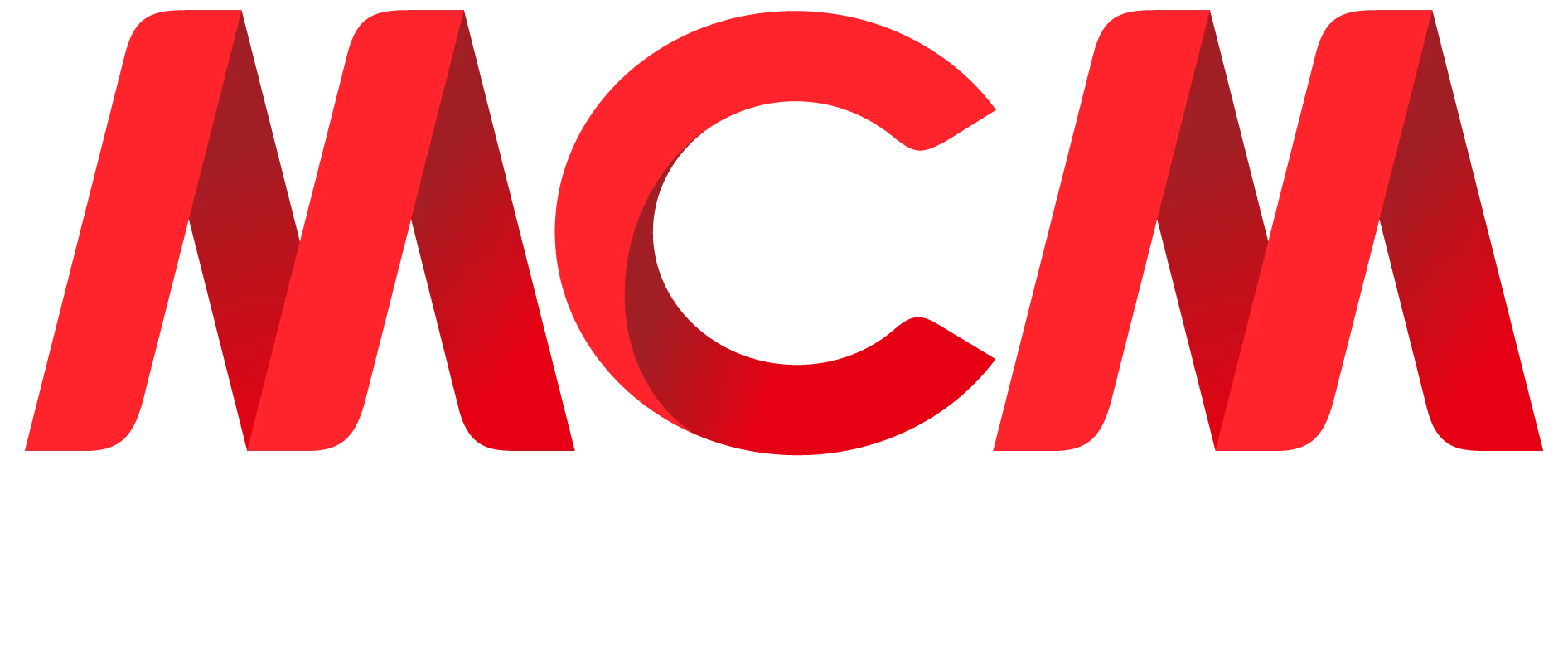When entering the North American market, ensuring product safety and meeting technical standards is a top priority for battery manufacturers. At MCM, we understand how crucial electric vehicle battery testing and battery testing and certification are in gaining consumer trust and regulatory acceptance. In the United States, ETL certification is widely recognized as proof that a product complies with North American safety requirements. While there is no compulsory government certification for traction batteries, manufacturers can demonstrate safety and reliability through voluntary standards such as UL 2580 and UL 2271—often tested and validated under the ETL mark.
Our team provides complete battery testing and certification services to help clients navigate this complex landscape. We ensure that every test aligns with recognized standards, from UL and SAE to ETL, giving manufacturers a seamless path toward compliance and faster access to the North American market.
Understanding ETL Certification and Its Acceptance in the U.S.
Many manufacturers ask us: Is ETL certification accepted in the U.S.? The answer is yes. ETL certification is officially recognized across North America and carries the same level of authority as UL or CSA certifications. Originating from Thomas Edison’s testing laboratories, ETL has evolved into one of the most trusted third-party certification marks for electrical safety and performance validation.
For the battery industry, ETL certification assures that products have passed rigorous electric vehicle battery testing procedures under recognized safety standards. At MCM, we support our clients by integrating battery testing and certification with ETL requirements, ensuring their traction batteries meet all applicable North American standards. This includes the SAE 2464 and SAE 2929 standards, as well as the UL 2580 and UL 2271 specifications for electric vehicle batteries and light electric vehicle applications.
Our global partnerships with certification bodies such as TÜV RH, UL, and Intertek (ETL) allow us to facilitate the process smoothly. By combining our testing expertise with ETL’s recognition, we help clients demonstrate compliance without unnecessary duplication or delays.
Advanced Battery Testing for North American Market Entry
At MCM, we recognize that each traction battery presents unique challenges in terms of performance, chemistry, and application. That’s why our battery testing process is designed to cover every aspect—from electrical performance to mechanical resilience and thermal stability.
Through our electric vehicle battery testing services, we evaluate batteries against both standard and extreme conditions to confirm their safety and durability. This includes high-current discharge testing, overcharge protection, thermal propagation analysis, and fire resistance assessment. These comprehensive evaluations are critical for meeting UL 2580 and UL 2271 requirements.
The North America traction battery certification framework does not mandate testing under federal law, but meeting voluntary standards such as UL 2580 and UL 2271 offers several key benefits:
Ensures battery safety and compliance
Facilitates smoother entry into the North American market
Reduces testing costs through harmonized procedures
Accelerates product launch and customer acceptance
By meeting ETL and UL standards simultaneously, manufacturers can ensure that their products gain trust from regulators, partners, and consumers alike.
How MCM Simplifies Battery Testing and Certification
Our team’s goal is simple: to make electric vehicle battery testing faster, clearer, and more efficient for global clients. MCM’s laboratories are accredited by CNAS, CMA, CBTL, and CTIA, and operate under ISO/IEC 17025 standards, ensuring that every test is accurate, impartial, and recognized internationally.
We provide one-stop solutions covering the entire certification process—testing, documentation, submission, and technical consultancy. Whether you’re pursuing ETL certification or aligning your batteries with UL or SAE standards, we help you understand the nuances of each regulatory framework.
Our expertise extends beyond testing; we participate in global standard-setting committees, ensuring our clients always receive up-to-date regulatory insights. For North America traction battery certification, our engineers work closely with ETL and other bodies to provide reliable test reports and validation, reducing both cost and lead time.
Conclusion
So, is ETL certification accepted in the U.S.? Absolutely—and it’s one of the most effective ways to demonstrate that your batteries meet the country’s rigorous safety expectations. Through advanced electric vehicle battery testing, MCM helps manufacturers bridge the gap between technical requirements and market success.
We take pride in supporting global battery makers as they expand into North America, ensuring every product is tested, certified, and ready for real-world performance. With our experience, equipment, and international credentials, we make compliance simple—helping you move from innovation to certification with confidence.
At MCM, we don’t just test batteries—we empower your products to power the future.






